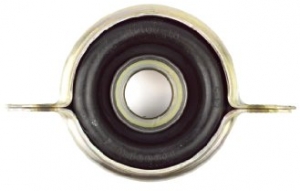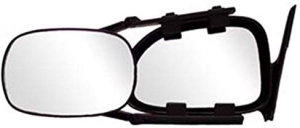-
Welcome to Tacoma World!
You are currently viewing as a guest! To get full-access, you need to register for a FREE account.
As a registered member, you’ll be able to:- Participate in all Tacoma discussion topics
- Communicate privately with other Tacoma owners from around the world
- Post your own photos in our Members Gallery
- Access all special features of the site
Another Gas Related Question
Discussion in '2nd Gen. Tacomas (2005-2015)' started by nd, May 25, 2007.


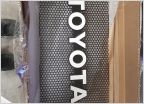 Satoshi Grill, 9" lights, vintage toyota emblem, Gen 2
Satoshi Grill, 9" lights, vintage toyota emblem, Gen 2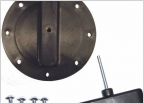 Anyone mount RotoPax to the bedrails?
Anyone mount RotoPax to the bedrails?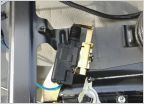 Pop N Lock Tail Gate Lock breaking
Pop N Lock Tail Gate Lock breaking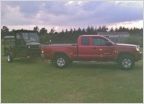 Pics of the Hellwig 550 Helper Springs in Action
Pics of the Hellwig 550 Helper Springs in Action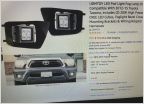 Amazon Led Fog lights 12-15
Amazon Led Fog lights 12-15



























